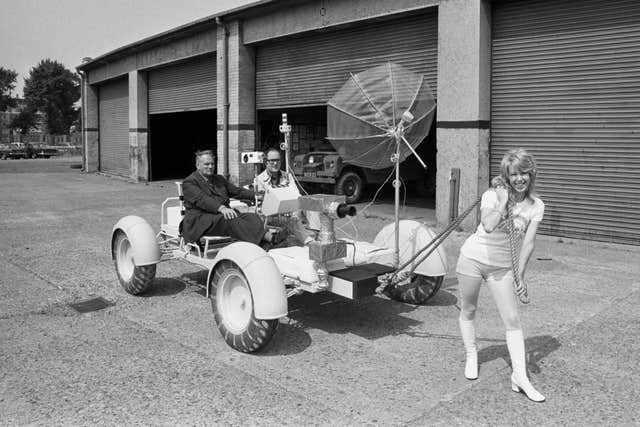Returning to moon is waste of money, says presenter of BBC’s Apollo 11 coverage
Science historian James Burke believes there is little political appetite to put humans on the moon again.

Going back to the moon is a waste of money, according to the presenter behind the BBC’s coverage of the first moon landing 50 years ago.
Science historian James Burke said he does not believe there is much political desire to put humans on the lunar surface once again due to the high costs but indicated that the Chinese are the ones to watch for further space exploration.
“Where there is, or rather where public opinion doesn’t matter, and where there’s loads of money, is China.
“My bet will be we’ll see a Chinese landing on Mars within the next 10 years.”

As well as being massively expensive, Mr Burke said that the Apollo missions did not contribute anything technologically or scientifically, as much of the material used already existed.
“The rocket was made of stuff that already existed, the computer already existed,” he explained.

“What Apollo did was put it all together and point it at the moon.
“I don’t have any feelings about going back to the moon or not, I think, probably, given the fact of nanotechnology and what that’s going to do for us, lots of good things, I think going back to the moon is a waste of money.”
However, Mr Burke argued that the scale of the missions set a new bar for process management by bringing together thousands of experts from across the globe.
“400,000 people in 2,500 companies made five and a half million bits that went together to make the rocket, each one of which had to be absolutely flawless and perfect and wouldn’t break down, and that kind of management is something that Nasa invented and I think has changed the world more than anything else,” he said.





